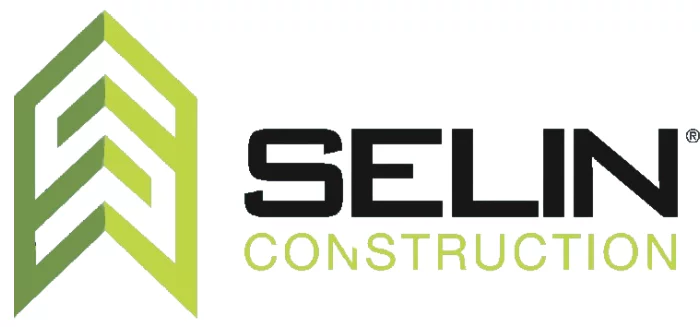|
Getting your Trinity Audio player ready...
|
Renovating a bathroom can be a rewarding project. It’s a chance to update your space, increase functionality, and even add value to your home. To ensure a smooth renovation process, it’s important to follow key steps. Here’s a detailed guide to help you achieve a successful bathroom renovation.
1. Plan Your Budget
Before you start any work, it’s essential to plan your budget. Knowing how much you’re willing to spend will guide your decisions throughout the process. Factor in costs for materials, labor, permits, and unexpected expenses. A solid budget helps you stay on track and avoid overspending.
2. Choose a Design Style
Choosing the right design style is crucial. Whether you prefer a modern, minimalist look or a more traditional design, the style should reflect your taste and complement the rest of your home. Consider colors, textures, and finishes that you love. A well-chosen design creates a cohesive look and makes the space feel like your own.
3. Hire a Professional or DIY?
Decide whether to hire a professional contractor or tackle the project yourself. If the renovation involves plumbing, electrical work, or structural changes, it’s best to hire an experienced professional. For cosmetic changes, such as painting or installing new tiles, DIY might be a good option if you’re handy.
4. Demolition
Once the planning is done, it’s time to begin the demolition process. Remove old tiles, sinks, bathtubs, and any other fixtures you’re replacing. This stage can be messy, so make sure to protect your floors and surfaces. Proper demolition sets the foundation for your new bathroom.
5. Plumbing and Electrical Work
If you’re changing the layout or adding new fixtures, you’ll need plumbing and electrical work. This stage can be complicated and often requires a professional. Ensure that pipes and wiring are properly installed and meet local building codes. It’s important to do this step before finishing touches like drywall and flooring are added.
6. Install New Fixtures
Once the plumbing and electrical work are done, it’s time to install new fixtures. This includes toilets, sinks, bathtubs, and showers. Choose fixtures that match your design style and are functional for your needs. Installing quality fixtures will ensure the longevity of your renovation.
7. Tile and Flooring
Next, focus on the floors and walls. Choose durable, water-resistant materials like ceramic tiles, vinyl, or natural stone. Ensure that the tiles are installed correctly to prevent water damage. The flooring should be slip-resistant and easy to clean.
8. Painting and Finishing Touches
With the tiles and fixtures in place, it’s time to add the finishing touches. Paint the walls with a moisture-resistant bathroom paint to prevent mold and mildew. Consider adding shelves, mirrors, and lighting to complete the look. Small details, like towel racks and accessories, can make a big difference.
9. Final Inspections
Once the renovation is complete, inspect the work to ensure everything is functioning properly. Test plumbing, electrical fixtures, and ensure that all installations are secure. If needed, schedule an inspection with local authorities to confirm that your renovations meet building codes.
10. Clean Up and Enjoy
The final step is cleaning up the space. Remove any construction debris, clean all surfaces, and make the bathroom shine. Once everything is cleaned, your newly renovated bathroom will be ready for use. Enjoy your transformed space!
FAQs
1. How much does a bathroom renovation cost?
The cost of a bathroom renovation can vary greatly depending on the size of the space, materials chosen, and whether you hire a professional. On average, bathroom renovations can range from $5,000 to $15,000 or more.
2. How long does a bathroom renovation take?
A bathroom renovation typically takes 3 to 6 weeks, depending on the scope of the project. Larger renovations or complex installations may take longer.
3. Can I renovate my bathroom on a budget?
Yes, it’s possible to renovate your bathroom on a budget. Opt for budget-friendly materials, such as vinyl flooring and prefab countertops. Focus on cosmetic changes, like painting and updating fixtures, to save money.
4. Should I hire a contractor or do it myself?
If you’re experienced in DIY projects and the renovation involves cosmetic updates, you may be able to handle it yourself. However, for plumbing, electrical work, or major changes, it’s best to hire a licensed contractor.
5. How can I prevent mold and mildew in my bathroom?
To prevent mold and mildew, make sure your bathroom is well-ventilated. Use moisture-resistant paint, install exhaust fans, and regularly clean the bathroom to prevent mold growth.


